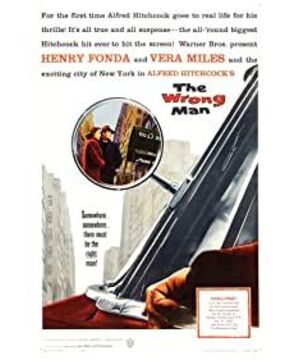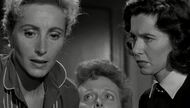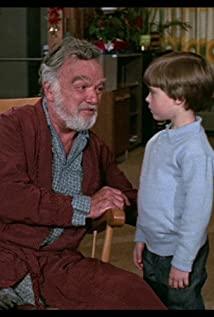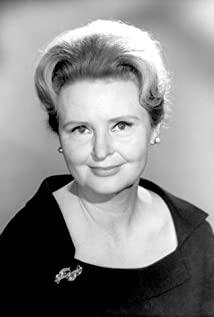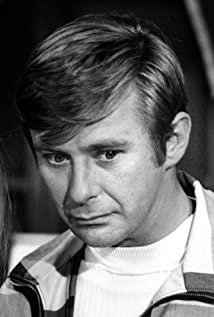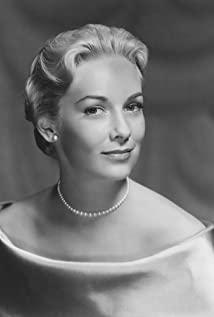The movie is about a middle-aged man playing bass in a nightclub. He has a wife and two children. The life of the family rests on him alone. He took a loan to see a doctor for his wife, but he was arrested by a robber-just because he looked a lot like a robber. He was an honest person and didn't know how to explain it. He was detained for two nights and asked people to borrow a huge amount of bail before releasing it. After that, he faced a protracted lawsuit. He wanted to find witnesses to prove that he was not at the scene of the crime. It was not good. His wife blamed herself and went into the hospital in a trance. When the protagonist was desperate, the real criminal was caught in the robbery. , The protagonist finally gained innocence. . . . . .
It is another very different Hitchcock movie. The so-called case is very simple. The only suspense is whether the protagonist really committed a crime? But by seeing half of it, you can be sure that he is indeed innocent. This is not a suspenseful subject, but a realist work-not like an American movie at all, but more like an Italian film.
I can reduce the theme of "The Reunification" into two words-impermanence.
People’s fate is so impermanent. During the day, you were a good husband and father who obeyed the law. At night, you were arrested in the police station, locked up with thieves and robbers, pressed your fingerprints, took pictures, and accepted interrogation, just because you were so handsome. It's like a robber.
When the camera is aimed at the eyes of the protagonist, he is so helpless and desperate, and all the excuses are so fragile, even if he is indeed innocent. He is just a poor bass player. There are old and young at the top. He has no resistance to the police. He is docile like a lamb waiting to be slaughtered. The truth is also evident. I don’t think he looks like an American. Like ordinary people in China, they are as honest and meek as they are at the mercy of others. In particular, does the depressing black-and-white picture hint at the survival and mental state of the protagonist's class?
However, looking at Hitchcock’s films, we can also find that even in the United States in the 1940s and 1950s, the living conditions of ordinary blue-collar people were still good. For example, the protagonist of the film had his own house (or maybe Rented), you can feed a family of four with a low salary. Even if the wife of a poor family goes out, she still has to dress up, wear a decent coat, and be clean. It can be seen that the poor in the United States are also living well. Dignified.
Of course, the film also shows the pedanticness of the American judicial system. The police's presumption of guilt is: the first witnesses testify that he is a robber, and the second is that he does have family financial difficulties and urgently needs money-this is how the unjust case was caused. Fortunately, the real criminal was caught before the final sentence. Otherwise, would the innocent be sentenced?
I find that Hitchcock’s movies have a characteristic. The heroines are almost invariably blonde women. Perhaps it is the director’s special hobby for such beauties? For example, Ingrid. Bergman became the "Hitchcock Girl" several times. Even though the female role in "The Reunification" is not important, the director still arranges for the poor and honest protagonist a gentle, virtuous and dignified beautiful wife.
This movie has no reasoning, no thrilling scenes and suspenseful atmosphere. It only portrays the protagonist’s unfortunate experience with extreme calmness, because it is so real.
And real life is often more ruthless than movies and literature.
View more about The Wrong Man reviews


